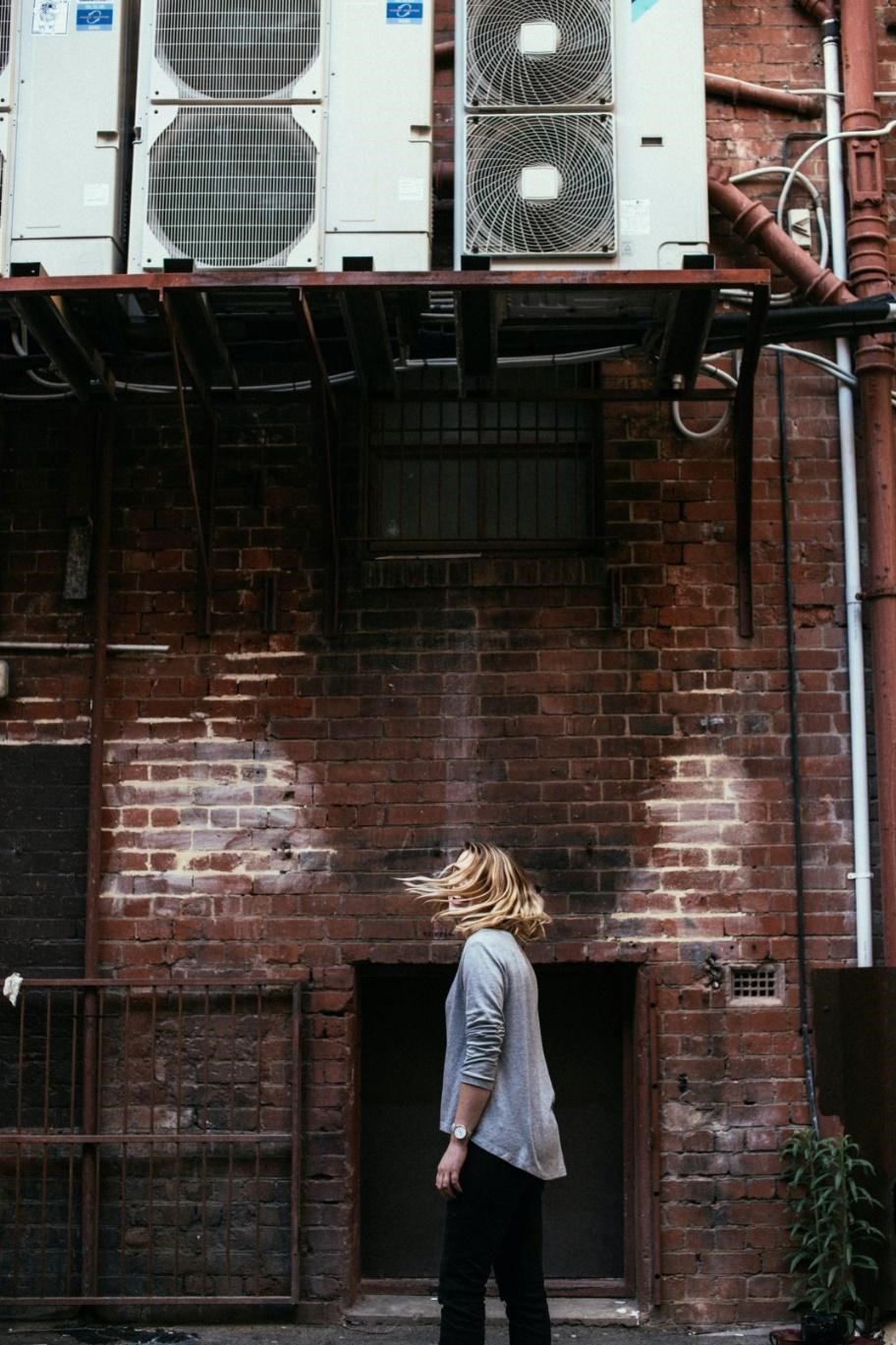There are a number of common issues with HVAC systems that homeowners face. If you notice that the temperature in your home is inconsistent or fluctuates wildly from one day to the next, you may have a faulty thermostat. This can occur for a number of reasons, including low refrigerant levels or electrical/control board issues.
It is best to call a professional HVAC repairman to diagnose the problem. Here are some other common problems and how to troubleshoot them.
Checking for leaks
One of the first steps in troubleshooting your HVAC system is to check for leaks. If you suspect a leak, you can use a leak gauge to determine whether there is a leak. Leak gauges can display zero pressure if there is a leak. Checking for leaks also involves troubleshooting your system, which may involve checking superheat and subcooling readings.
Leak detection is critical for HVAC systems, because it ensures that you avoid expensive repairs. Not only is leak detection essential for your system’s safety, but it also helps you minimize energy costs and maximize the efficiency of your system.
When troubleshooting your HVAC system, residential technicians must use proper instrumentation and techniques to detect leaks. Leak detection is also important for your health and the environment, as refrigerants released into the air can be toxic and may damage the ozone layer. Click here to learn more about refrigerant leaks.
If you suspect a leak, the drain pan is one of the first things you should check. Leaks in this drain pan can be a result of poor drainage, which leads to water accumulation on the floor.
If the drain pan is clogged, pouring vinegar or bleach into it may help prevent a leak. While this method may solve a minor leak, a leak in the drain pan can lead to mold and other problems.
Checking for dirty coils
A dirty evaporator or condenser coil can prevent your air conditioning unit from functioning properly, leading to an ineffective cooling system. The coils’ poor condition also inhibits airflow, resulting in an uncomfortable home and a high utility bill.
Dirty air conditioning coils can restrict air flow and cause the compressor to work harder than it should. This can cause a large repair bill or even require the replacement of the air conditioning system. Fortunately, most HVAC problems can be prevented by ensuring that your system receives regular preventive maintenance from a qualified technician like the ones at 123 HVAC and other qualified professionals in your area. Cleaning your coils can prevent a lot of potential problems and keep your system running at its peak efficiency.
To check the cleanliness of your coils, you need to remove the top and outer casing of the HVAC unit. You will see the coils, and your dealer can clean them by removing any dirt or debris. Don’t use acidic cleaners on your coils, as they can damage the copper and alloy metals within them and shorten their life. Your HVAC service provider will be able to clean the coils and recommend the best method for cleaning them.
Checking for a faulty thermostat
Thermostats are an important part of the heating and air conditioning system, and if the system fails to turn on and work correctly, you may want to check for a faulty thermostat. In many cases, a faulty thermostat will prevent the HVAC unit from turning on, which indicates that the wiring in the thermostat is malfunctioning.
The thermostat wires send signals to the HVAC unit, telling it when to turn on and what temperature it should feel. However, when a thermostat fails to send messages to the HVAC unit, it will not be able to communicate with the system, causing the unit to malfunction and stop functioning properly.
Several factors can cause a thermostat to malfunction, such as a loose connection, blown fuse, or tripped circuit breaker. Other causes of thermostat problems include damaged wiring or faulty wiring.
Checking for a clogged air filter
One of the most common HVAC problems is a clogged air filter. If this filter isn’t changed regularly, the heating system or central air conditioning system may fail to function properly. A clogged filter will cause air flow to be reduced, resulting in less energy efficiency. The clogged air filter may also affect the health of residents living in the home.
If the filter is too clogged, the heat exchanger must work harder to circulate air in the home, which can increase energy costs. Additionally, a clogged filter can cause the heat exchanger to shut down prematurely, causing it to overheat and fail to warm up the house properly. This could result in an expensive furnace repair. So, if you notice a problem with your heating system, be sure to check the filter before contacting a .technician.
A dirty air filter will negatively affect the overall performance of your heating and air conditioning system. A dirty air filter will not effectively block dust and debris, which will lower the efficiency of the AC system and cost you more money in the long run. Therefore, it’s important to replace the air filter if it’s too dirty.
Checking for frozen evaporator coils
Frozen evaporator coils in HVAC units can cause problems and even the compressor to burn out. However, if you don’t fix this problem as soon as possible, it will result in damage to the compressor and other parts of the system. To prevent this problem, check your evaporator coils regularly. They’re usually found inside the air handler near the blower fan.
The first thing you should do is check the condensate drain. If there is significant water in the collection container, then the interior part of the evaporator coils has frozen. This requires maintenance or replacement. Condensate collects naturally inside an air conditioner unit, and the evaporator absorbs the warm air from the interior of the home. A dirty air filter can also result in a frozen evaporator coil.


